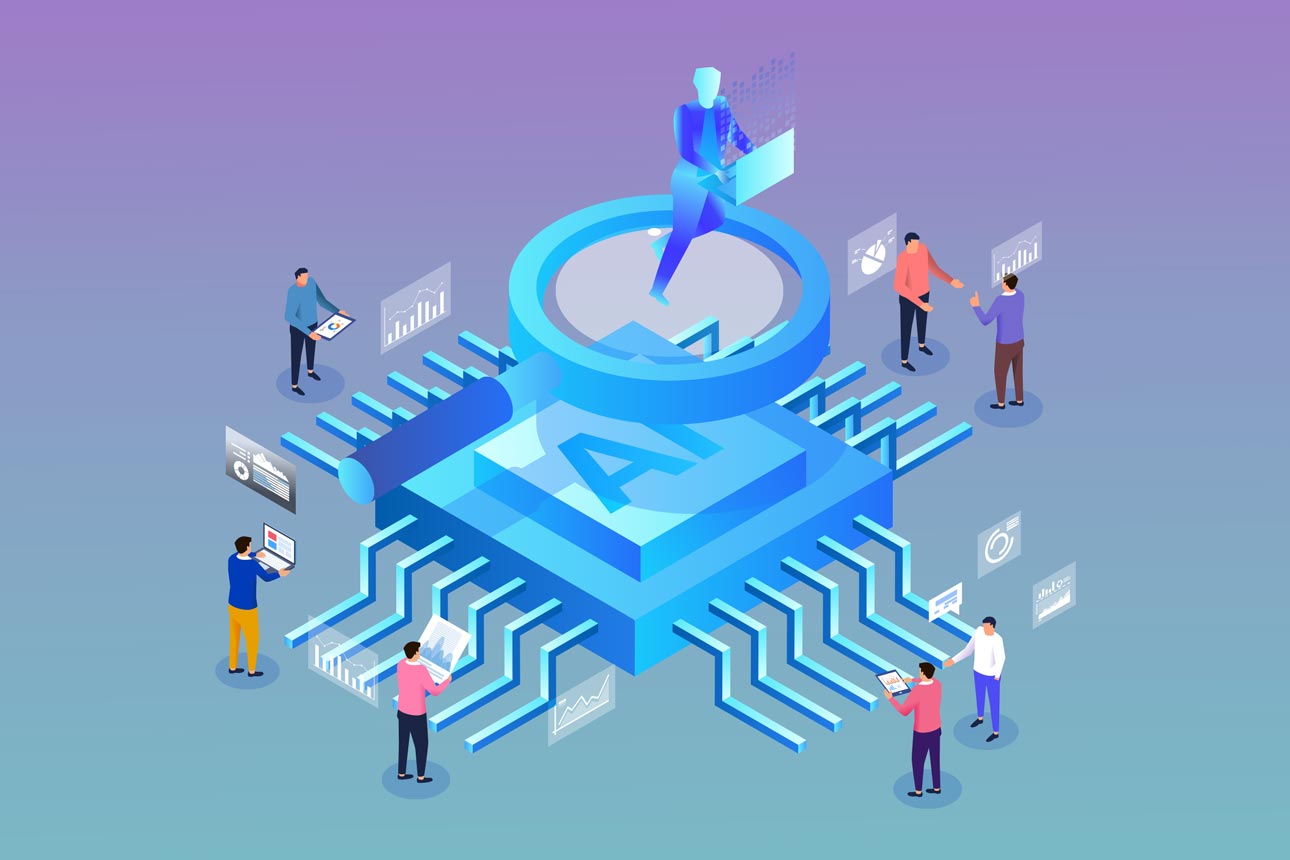Business Leaders Say AI is Moving Too Fast For Employees to Keep Up
GenAI will radically reshape workforces, requiring new soft and technical skills to realize the potential technology offers.
Topics
News
- Core42 and Qualcomm Launch Compass 2.0 to Boost AI Efficiency and Accessibility
- Data Debt Emerges as Core Business Issue for Enterprises
- Are Organizations Investing in AI Achieving Positive ROI?
- Are Increasing Breaches Due to the Cyber Skills Gap?
- What Are the Challenges Firms in the UAE and Saudi Arabia Face in GenAI Implementation?
- Enterprises See the Promise of Generative AI But Lack the Guardrails to Mitigate Operational Risks

[Image source: Krishna Prasad/MITSMR Middle East]
According to new research from the World Employment Confederation (WEC), more than eight out of ten (81%) business leaders believe advances in artificial intelligence (AI) will require new skills and new ways of doing work. Yet, despite this awareness, 78% are concerned that they cannot train employees fast enough to keep pace with technology developments in the next three years.
The findings are part of The Work We Want, a global initiative commissioned by WEC. The first installment of this new international research, Agile Talent in the Age of AI, details how GenAI will radically reshape workforces, requiring new soft and technical skills to realize the potential technology offers.
“It is clear that advances in AI have the potential to transform the workplace at an unprecedented pace, yet the growing technical and soft skills gap is a critical hurdle businesses must overcome,” said Jonas Prising, Chairman & CEO of ManpowerGroup. “While Gen AI will revolutionize many aspects of work, there are elements of jobs that are and will remain quintessentially human: collaboration, communication, creative problem solving, and empathy towards others. Organizations must cultivate these uniquely human traits and invest in upskilling and their workforce to succeed in this new digital era.”
Key findings of the report:
- 80% say planning for future talent requirements has never been so hard.
- 92% of senior executives say they’ll need a more flexible workforce in the next two years.
- Organizations will turn to a wide range of strategies to build flexibility, including setting up sectoral talent pools (91%), taking a skills-based approach to hiring (89%), using online talent platforms (89%), increasing the usage of contingent workers (88%), offering more internal flexibility, e.g., through inter-department secondments/job rotations (88%), and hiring talent from abroad (88%).
- Employing contingent workers is becoming an increasingly attractive way to access hard-to-find digital skills and higher-caliber candidates. 79% of senior executives say that employing workers with knowledge of new technology is an effective way to spread understanding to permanent employees.
“The Work We Want is a conversation starter for governments, employers, and workers to address our new work reality and find solutions – collectively – to deliver better labor market outcomes for all,” said Denis Pennel, Managing Director of WEC. “AI has made agility non-negotiable, and the HR services industry is crucial in helping to fill the labor and skills gaps brought on by digitalization.”
At the NextTech Summit, the region’s foremost summit focusing on emerging technologies, global experts, MIT professors, industry leaders, policymakers, and futurists will discuss AI Black Box, Quantum Computing, Enterprise AI among many other technologies and their immense potential. The summit will be held on May 29, 2024, in Dubai, UAE.





